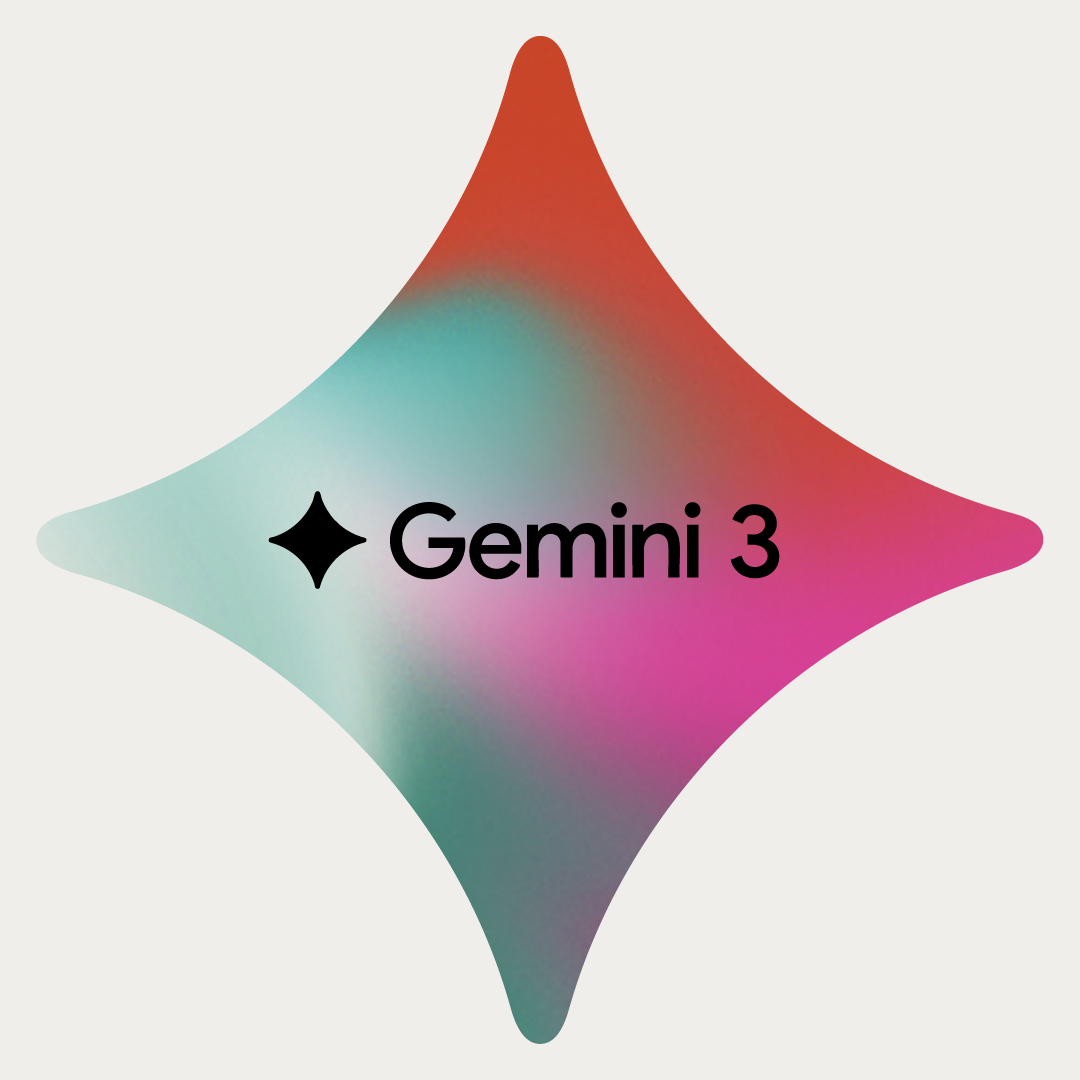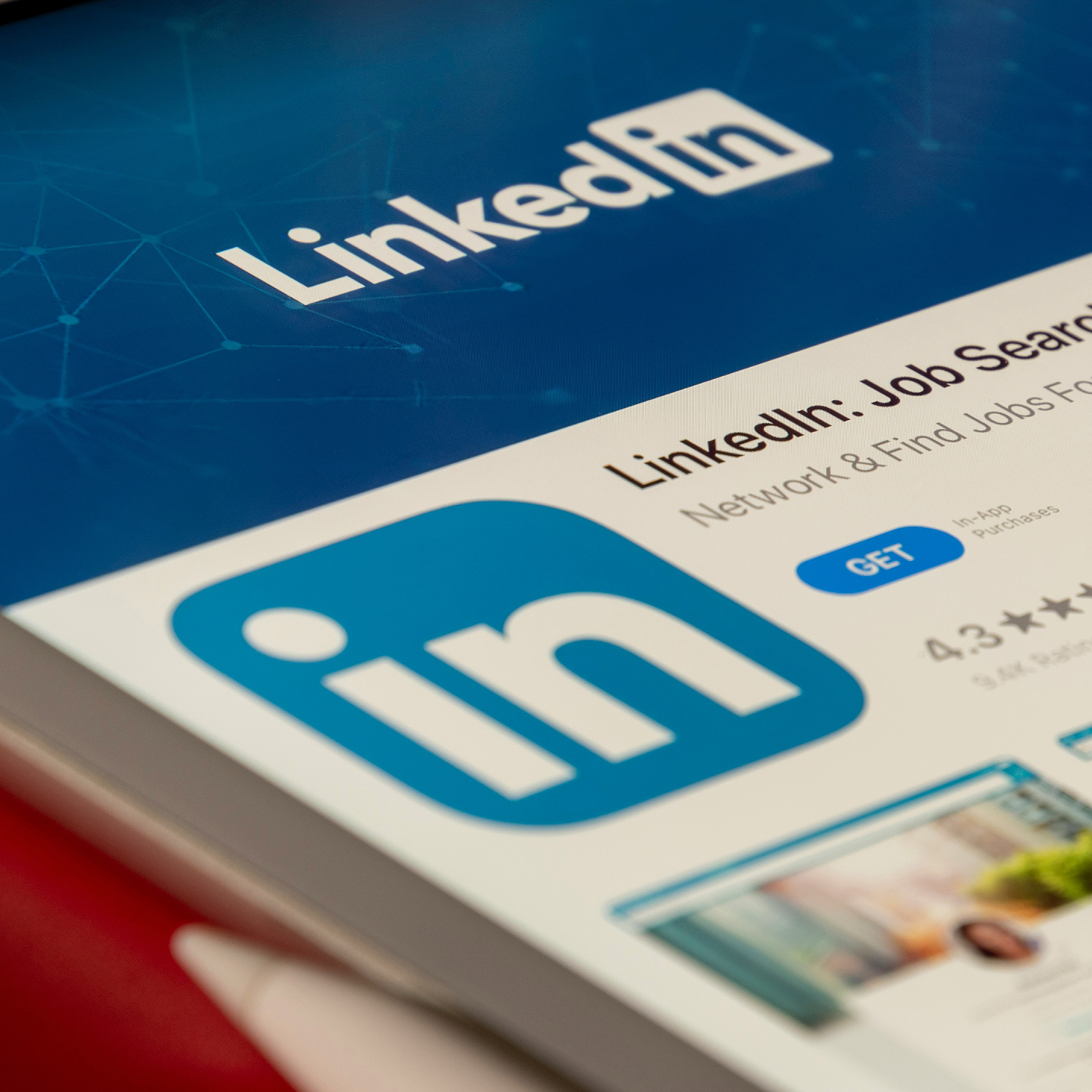It’s almost the end of a special month that I bet you didn’t even know we were officially observing. Drumroll, please, it’s Nutrition Month!We won’t be talking pyramids or plates or superfoods. We want to share with you what we learned in a recent conversation with Mary-Katherine Brooks Fleming, founder and coach at Fitness Protection Program and host of the Running Life podcast. We talked to her for #tapculture, our ongoing blog series where we seek outside insight on our questions and curiosities about events in broader culture.
1. First up, tell us about your running.
I was not an athlete. I still don’t think of myself as an athlete. It’s a binary function of high school. I almost never meet someone like me, who’s been doing this since they were six and does not identify as an athlete. I have no hand-eye coordination. I have really bad eyesight. But running, I can do it! And I’ll do it forever.
2. Why did you start? When?
My dad suffered a massive heart attack when I was five years old; he was sent home with explicit instructions to strengthen his heart muscles with moderate exercise. We lived in rural TN, far from gyms and rehab centers, so jogging was the lowest-hanging fruit on the list. Thirty-five (35) years later, I am still jogging with a heart rate monitor and he is still living; it’s not an exaggeration to say that running saved my family.This part we borrowed from Coach MK’s feature in Runner’s World. Read the rest here.
3. What sets you apart as a running coach?
No one wants to talk about fat phobia. But I’m like, fuck it. If we’re not making this a safe place for everyone who wants to move, then I don’t want to be here. I’ve been doing that since 2019.
4. How did your membership shift in 2020, into 2021?
It’s been a hard year for everyone. I had about 350 clients; we’re down to about 100 now. I think some of that’s because I’m vocal about my involvement with Black Lives Matter, being a protest medic, supporting sex workers and the unhoused. Some people don’t want to see that when they sign on to Facebook for their run plan. But also, runners are struggling because they have nothing to train for. We need to look at it differently. You’re investing this time in yourself, not in a finish line.
5. Has your definition of fitness changed since early 2020?
No. It really hasn’t. Your physical health is worthless without mental health. The things that we do to seek “better” physically usually come at the expense of our mental health. But there’s that American ethos—you’ve gotta be ready to pay the price and do the work. We’re not really critically thinking about the work that we’ve been assigned, especially when it comes to weight.
6. Does nutrition have to be as complicated as it’s made out to be?
No. There are few things more emotional than food. There’s an ego thing about it that forces people to not ask questions. There’s this reticence to learn and fear of not knowing and asking. That fear is very real. You’re gonna have terrible days and you’re gonna go home and eat everything in the fridge and not think about it. And my response to that is, congratulations! That’s so much more healthy than having a bottle of wine or grabbing the opioids, especially if you have kids. If you’re eating emotionally, are you setting a bad example for your children? I argue no, unless you’re not being honest with yourself or them about what it is you’re doing and you’re letting shame guide the conversation.
7. What are your kids teaching you about food, fitness, mental health … life?
If you just eat when you’re hungry, it’s gonna be ok. I feel like there’s too much pressure on parents. Food is a staple of who we are. But there’s this idealized version of it—food must be consumed simultaneously, with nothing but stimulating conversation, around the table. My family eats breakfast together, and the rest of the day we’re all in different directions. This last year, we’ve eaten more ice cream and spent more time on the couch. I don’t see a problem with it because we’re being honest about why. Thanks, Mary-Katherine! This all has me thinking on a what-the-heck-else-broke-loose-in-2020 blog post. Check out 3 Trends to Shape How Brands Engage with Consumers in 2021. Vladimir Jones is Colorado’s original independent, integrated advertising agency, with offices in Denver and Colorado Springs. We believe in brilliant brands and love making the world love them as much as we do.






